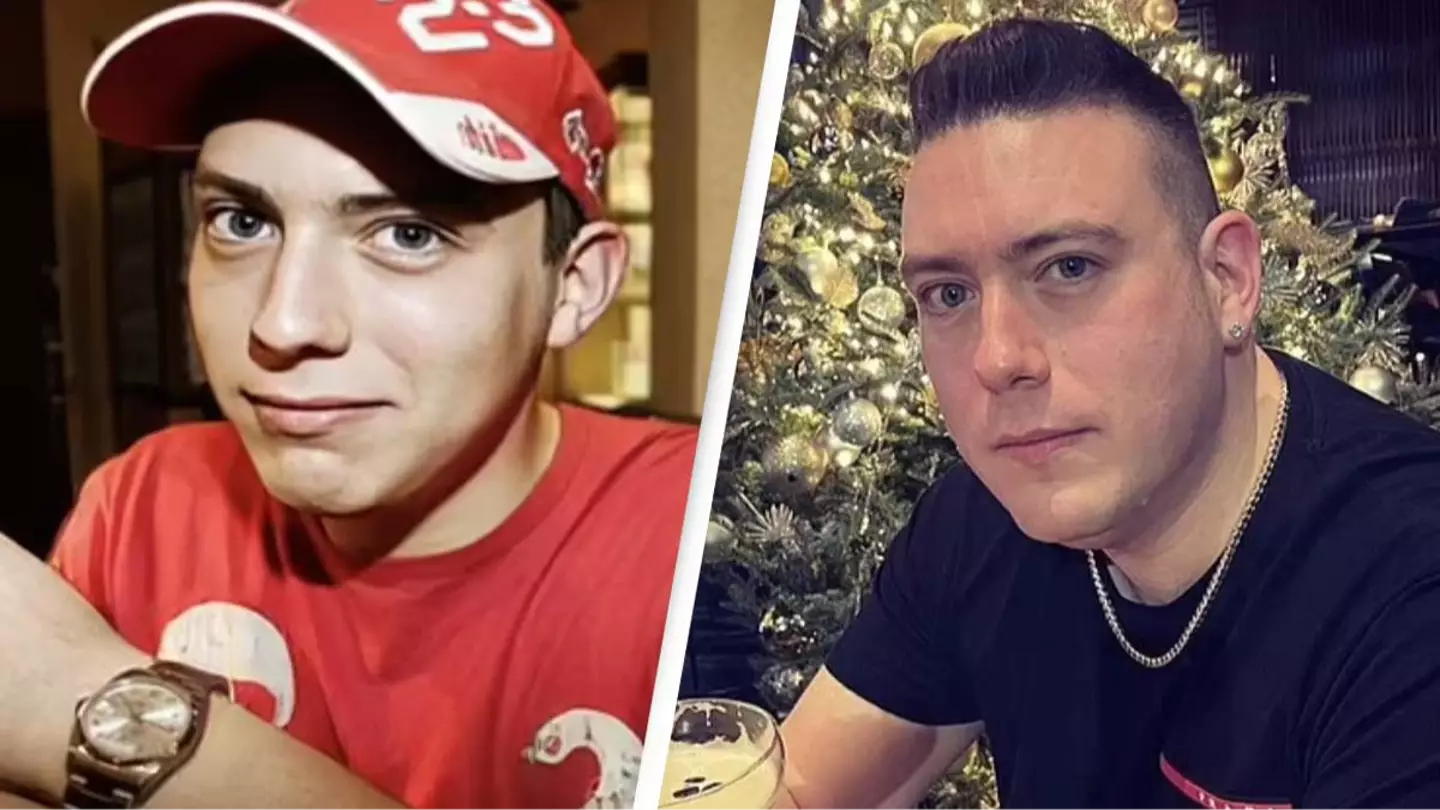A former con artist, now 42, revealed how he amassed a staggering $2.8 million through illicit use of stolen credit cards, a saga now covered in a BBC documentary. Elliot Castro, only 16 at the time, began his criminal journey by exploiting credit card information to fund a lavish lifestyle.
The story unfolds with Castro lying about his age to secure a job in a call center at 16, where he was exposed to sensitive customer credit card data. He describes devising a cunning method to extract personal security answers from customers by feigning issues with their cards and claiming the bank required additional verification.
“I never really got any resistance at all,” Castro admitted about his deceptive tactics, which included asking a series of typical security questions to gather enough information for impersonating the cardholder.
Castro’s fraudulent activities escalated when he filled an entire notebook with credit card details gathered from his job, which he eventually lost due to tardiness. He then meticulously worked through the notebook, contacting banks to change the address associated with each card, request a replacement, and then revert the address change unnoticed.
With replacement cards in hand, Castro traveled to London for a luxurious spending spree, splashing over £1,000 in a champagne bar. His spree continued until a fateful moment in 1999 in Manchester, where he used a stolen card that bore a different name from his own. When an acquaintance unexpectedly addressed him by his real name, he fled directly into the arms of patrolling police officers.
Despite the close call, Castro managed to talk his way out of immediate arrest by concocting a sympathetic story about running away from home. “I realised in that moment just how easily I could convince people of whatever I wanted. I felt untouchable,” he reflected on the incident.
However, his criminal run came to an end when he used a doctor’s credit card to buy a train ticket and a medical emergency exposed his inability to assist, despite pretending to be the card’s rightful owner. Following a lengthy stay in A&E, Castro returned home to discover a warrant for his arrest. He was subsequently sentenced to four months in jail for credit card theft, common assault, and impersonating a doctor.
Looking back, Castro expressed a disconnection from the human impact of his actions, saying, “When I started doing this I never actually thought of people. I never met these people. That doesn’t make it right.” He rationalized his crimes by the belief that cardholders would not suffer financial losses if they did not authorize the transactions.
Today, Castro channels his insider knowledge into fraud prevention, helping others protect themselves from the type of schemes he once mastered.



